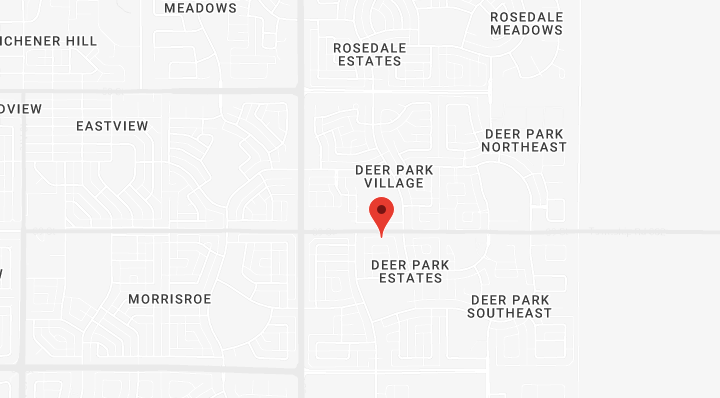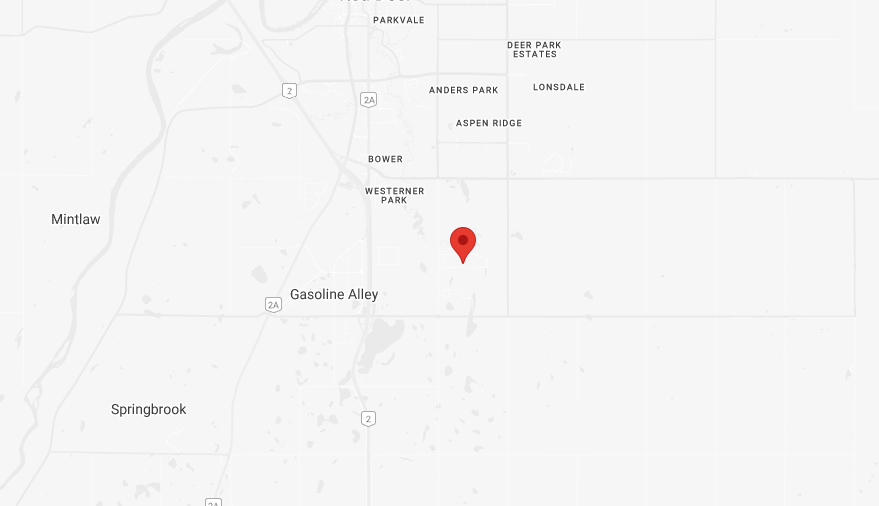The PuroClean Blog
How to Prevent Accidents Around Campfires
Most of us enjoy campfires for the warmth and joy they bring to our camping trips. Yet, they can also be dangerous. Campfires are the main culprit for camping injuries among children and unintentional forest fires. Here are campfire safety tips to keep in mind:
- Campfires should never be started on a windy day. A sudden gust of wind could blow sparks or burning debris onto flammable surfaces. This can result in burns, undesired fires or worse — a wildfire.
- Fireproofing the campfire surroundings:
- The burning site should not be under overhanging limbs or power lines.
- The pit must also be three or more metres away from vegetation, buildings, vehicles, or equipment such as tents, chairs, aerosol cans, and other flammable items.
- The grass, dry leaves, sticks, garbage, and other debris should be cleared from around the pit.
- Only designated rings or pits, which should be on gravel or dirt, should be used to light a fire.
- If the fire pit has no metal ring, rocks should be put around it. This ensures the fire doesn’t spread beyond the borders of the fire pit.
- The campfire should be kept small, no more than one metre in diameter and height.
- To start the fire safely, dry twigs and small sticks can be used to build a fire, then larger sticks can be added progressively. The largest pieces of wood should be put last, pointing them toward the center of the fire. Warning: attempting to ignite a fire with flammable liquids, such as gasoline, diesel fuel, and lighter fluid can be highly dangerous.
- Extra wood should be stacked upwind at a safe distance from the campfire to ensure sparks don’t reach the woodpile. Camp-goers should gather enough wood to avoid leaving the campsite to restock.
- Supervising children and pets is important. They should not be allowed to play near the fire or sit too close to the fire. Kids should also be taught the “stop, drop and roll” technique in case their clothing catches fire.
- The fire should always be attended. A small breeze could spread sparks nearby and start a fire. A responsible adult must monitor the campfire at all times, keeping a fire extinguisher at hand to be ready to put the fire out completely if necessary.
- When the fun is over, the fire must be put out safely using water or sand. Coals can remain hot for up to 24 hours if they’re not cooled off properly. To check that they’re out, the ashes and embers can be stirred until it’s clear that they have all been cooled.
The PuroClean team stands ready to provide professional restoration services to any property affected by fire, water or mould damage.
June 26, 2019



